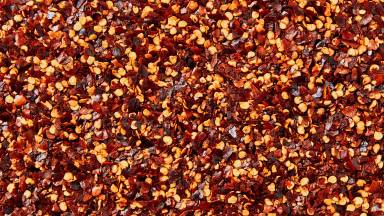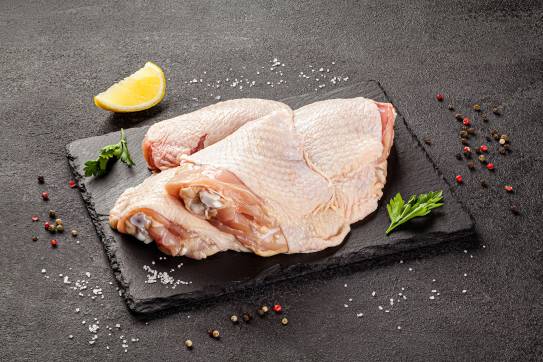Connect with a verified veterinarian in minutes. Licensed vets are available 24/7 to answer your questions. No need to worry about your furry family member.
Do you love Quality Street? What’s not to love! These treats are amazing, and no wonder. As you enjoy eating Quality Street, your dog may see all the pleasure of doing so on your face. And you can bet he will want some of this great stuff, too! But what happens if a dog eats Quality Street?
Has your dog eaten Quality Street? Are you worried the Quality Street will make your dog sick? If so, you’ve come to the right place. We understand it can be scary when your dog eats something like this.
We’ve gathered information about Quality Street and whether it can make a dog sick. Let’s get started!
What is Quality Street?
Quality Street is a brand of candies that are made with chocolate and other ingredients. The candy comes in tins, with the individual candies wrapped inside. And this is a brand that’s been around since 1936, when it was first made by Mackintosh in Halifax, West Yorkshire, England. Today, the candy is produced by the Nestle company.
These chocolate candies may contain the following ingredients:
- Sugar
- Glucose syrup
- Sweetened condensed skim milk
- Cocoa butter
- Cocoa mass
- Vegetable fat
- Dried whole milk
- Glucose-fructose syrup
- Lactose and proteins from whey
- Whey powder
- Coconut
- Butter
- Hazelnuts
- Butterfat
- Flavorings
- Glycerol
- Emulsifiers
- Salt
- Dried skim milk
- Fat-reduced cocoa powder
- Lactic acid
- Corn starch
While these candies are safe for humans (in moderation), what about dogs?
Quality Street & Dogs
Unfortunately, Quality Street candies can make a dog sick. If your dog eats one candy, he may be OK. However, if he eats more, the chocolate in the candy could make him very sick. Chocolate is extremely toxic to dogs.
Another problem is whether your dog has eaten the wrapper or not. If so, if he’s eaten enough wrappers, there’s a possibility they could cause an obstruction in the dog’s digestive tract. This is a very dangerous condition that can cause death if left untreated.

Review symptoms, medications & behavior to keep your pets healthy with a Vet Online in just minutes.
Ask a Vet Live NowSymptoms of Quality Street Ingestion in Dogs
You may notice these symptoms if your dog has eaten Quality Street candies:
Symptoms of chocolate toxicity:
- Vomiting
- Diarrhea
- Excessive drooling
- Extreme thirst & increased urination
- Hyperactivity
- Pacing
- Panting
- Muscle tremors
- Seizures
Symptoms of intestinal obstruction:
- Vomiting
- Loss of appetite
- Weakness
- Nausea
- Diarrhea
- Constipation
- Abdominal pain & swelling
- Restlessness
If your dog shows any of these or other concerning symptoms, call the vet immediately. This is an emergency.
Try to determine how many candies your dog has eaten and what time this happened. The information can be very helpful to the vet.
Treatment of Quality Street Candy Ingestion in Dogs
Treatment will depend on your dog’s symptoms. For chocolate toxicity, the vet may induce vomiting or activated charcoal to decontaminate your dog’s system. They will then treat any other symptoms that arise.
For an intestinal obstruction, the vet may order images of your dog’s digestive tract. This is done to determine whether there’s a blockage and where it’s located. Surgery is usually required for a blockage.
The prognosis is best for dogs who receive prompt medical treatment after eating Quality Street candies. In the future, it’s best to keep all chocolate and candies out of your dog’s reach. You’ll both be happier for it!
Connect with a verified veterinarian in minutes. Licensed vets are available 24/7 to answer your questions. No need to worry about your furry family member.

Julie
Julie is a graduate of the University of North Carolina, Wilmington, where she studied Animal science. Though contrary to the opinion of her parents she was meant to study pharmacy, but she was in love with animals especially cats. Julie currently works in an animal research institute (NGO) in California and loves spending quality time with her little cat. She has the passion for making research about animals, how they survive, their way of life among others and publishes it. Julie is also happily married with two kids.
Review symptoms, medications & behavior to keep your pets healthy with a Vet Online in just minutes.
Ask a Vet Live Now





